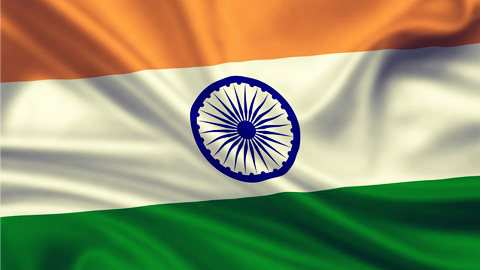India’s Prime Minister Narendra Modi has announced the launch of 75 digital banking units (DBUs) aimed at enhancing the banking experience for users and promoting financial inclusion.
This initiative was outlined in the 2022-23 budget presented by Finance Minister Nirmala Sitharaman. She noted, “In recent years, digital banking, digital payments, and fintech innovations have grown at a rapid pace in the country. The government is continuously encouraging these sectors to ensure that the benefits of digital banking reach every nook and corner of the country in a consumer-friendly manner.”
To commemorate 75 years of independence, the government plans to establish these units in 75 districts across the nation through Scheduled Commercial Banks. The digital banks will offer a variety of services, including current accounts, mobile and internet banking, debit and credit cards, as well as digital kits for both merchants and customers.
Modi has been a strong advocate for digital banking, introducing initiatives in 2014 to transition from phone banking to digital banking. He has frequently highlighted the potential of these services to spark a “fintech revolution” in India.
In contrast, the Indian government has approached cryptocurrencies with caution. In July, the central bank expressed its intention to ban cryptocurrencies, pending the findings of a Financial Stability Board report expected in October.
